No SciFi But DeSci: Advancing Science through Decentralization
This article discusses the problems with the current centralized model of scientific research, and how blockchain technologies can help address issues like long funding times, bias, and lack of reproducibility.

Science is the foundation of our understanding of the world, and it is based on independent replication, not just citation of procedures. In today's age, science has been weaponized as the phrase "numbers don’t lie" have been used inappropriately.
With the technology available today, and more importantly blockchain technology, we can aim to reshape the scientific field and attain a state where we can trust numbers again through verification alone - verification that is open, unbiased, and allows checking and validating data at any time.
Current State of Science?
The Problems with Centralized Science
The current landscape of scientific research faces one of the most significant issues - the centralization of grant committees and funding bodies.
A prime example is the National Institutes of Health (NIH), where the cohort who began receiving NIH grants years ago continues to age within the system, awarding themselves grants and perpetuating an ossified, political process.
This centralization leads to problems like long funding decision times, a lack of support for higher-risk "moonshot" ideas, and biases toward established researchers.
The incentives in the traditional academic research model are not well aligned. Researchers spend significant time seeking funding to pay for publishing fees, team salaries, and other expenses rather than focusing solely on their work.
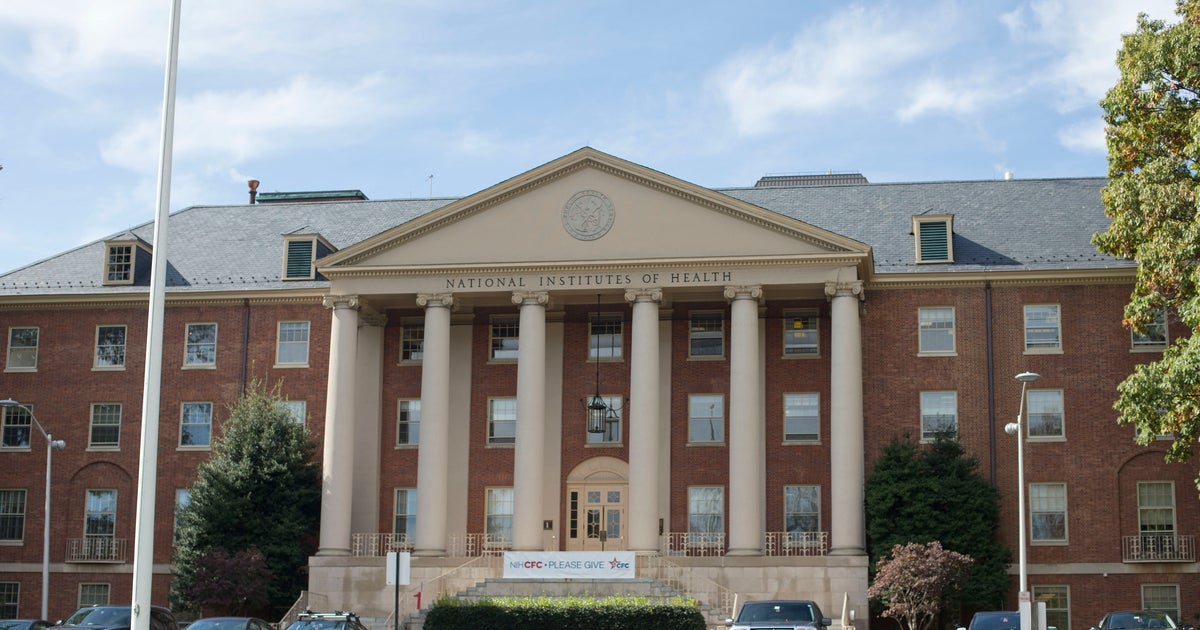
This concentration of power has led to some misaligned incentives. Publishers are able to profit significantly from scientists’ unpaid labor, gaining control over who advances their careers.
Therefore, exclusive knowledge silos also hold back progress. A lot of knowledge is generated within specific academic communities and remains stuck within these communities, making it inaccessible to very smart people who could contribute if they had the necessary background knowledge. Therefore, creating paths that are accessible across more levels of wealth, age, region, and nation will be invaluable.
How Can Blockchain Improve the System?
Blockchain platforms are experimenting with using crypto incentives to create a better system. There are many solutions currently being built. We will take a look at some of these innovative counter initiatives that decentralized blockchain technology has to offer.
Decentralized (Crowd) Funding
When applying for a grant, a significant portion goes to the university before reaching the scientist and their lab. In addition, scientists often have to sign over most equity ownership of their research to the university.
Crowdfunding, particularly for fringe science, is therefore an exciting application for DeSci. Platforms have shown there is significant interest in funding scientific research from the crypto community.
This ability to attract capital from around the world instantly and exponentially in most cases is probably the most interesting aspect of crypto. If there is hype, capital will not be an issue. See the Ukraine aid set up by FTX. This revolutionizing of funding through crowdfunding could open new avenues for scientific exploration and discovery.

The role of DAOs to Help Fund Research
DAOs could be well-suited for research funding by making the process more distributed, transparent, and less biased than traditional funding bodies or centralized parties. They could offer researchers more fluid access to liquidity at all stages of their scientific work. These community platforms could allow funding bounties and studies that could empower scientists with ownership over their work, rather than the companies that fund them. This can all be done by governance on- and offchain.
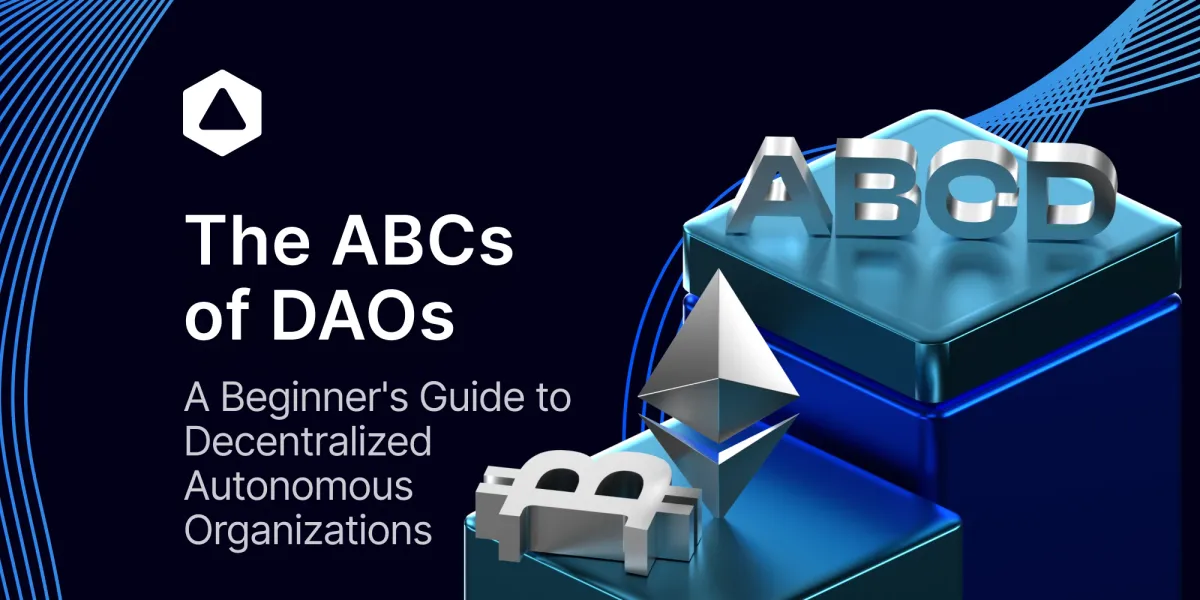
What Makes a Research Truly Reproducible?
In truly reproducible research, the code, data, and the published results are not just available online, but also stored on a blockchain, or as they say "on-chain." This ensures immutable, public storage of the research materials, freeing them from academic paywalls and making them truly public.
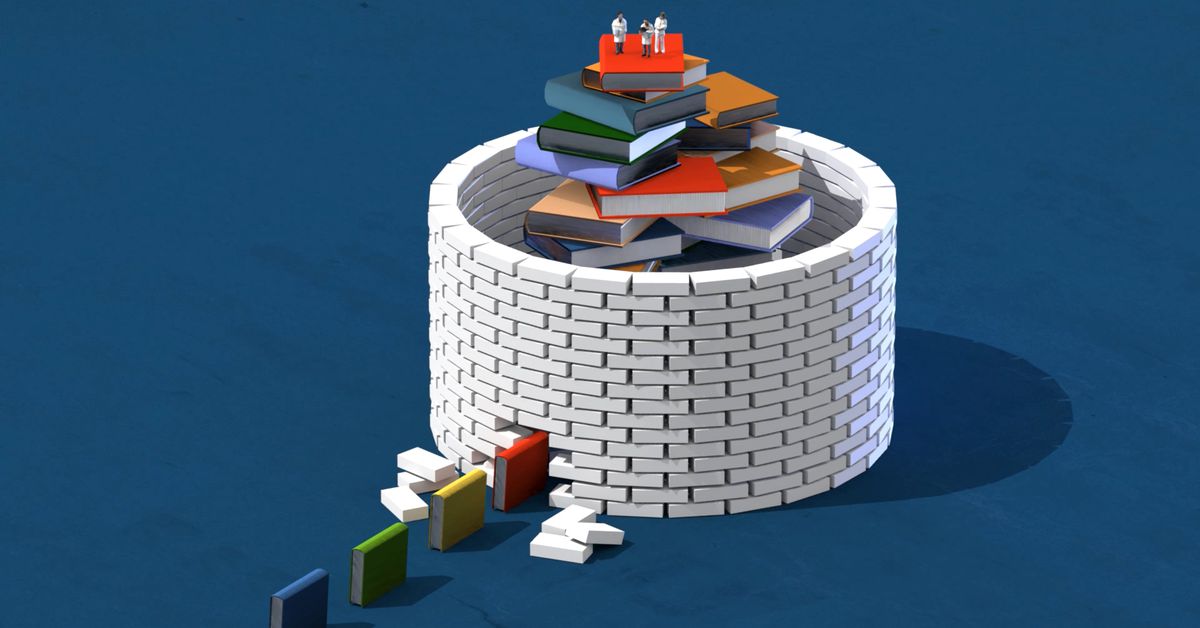
This level of reproducibility offers two primary benefits. First, it is almost impossible to alter the materials once they are on-chain, this preserves the integrity of the research. Second, it prevents the silent purging of papers from archives, a practice that is damaging to the historical record of scientific research, as we have seen in the latest health crisis with the help of the Internet Archive.
Once enough papers are on-chain, we can start tracing back the citations, all the way back to the foundational papers. This is important because many things we consider as physical laws are often just function fits to 'curves' based on a handful of data points from an old paper.
Trustless Ecosystems
Established scientists who have built successful careers might find the current system serving them well. However, for younger scientists entering the field, they may face many challenges, as they have to prove themselves and start at the bottom, even if they have valid points of critique and results to back them up.
Trustless ecosystems could potentially improve science by encouraging open research and providing everyone with scientific ideas with economic incentives. The market will decide which ideas are worthwhile of course. Think about the use-case of soulbound tokens that couple identities with a digital identity.
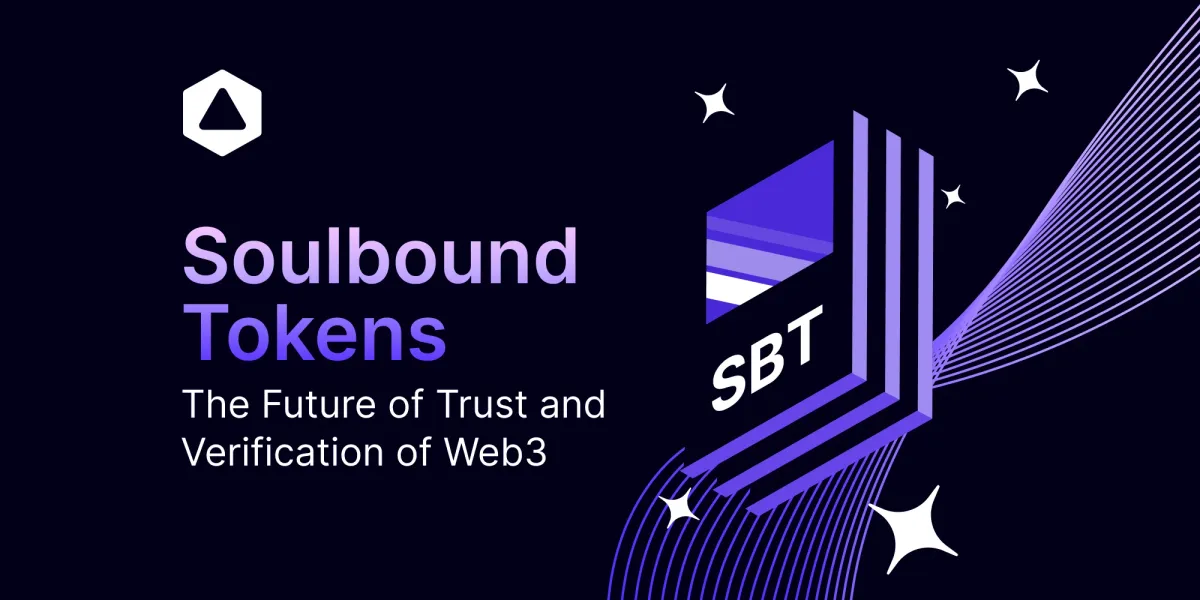
This might not necessarily benefit established scientists but could significantly help early-career scientists get started. And therefore help us in the end by helping them.
But first there needs to be a trustless ecosystem and this trust-based model will also attract philanthropy, where donors trust recipients to use funds effectively rather than imposing strict controls as in the current system.

Decentralized Education in Science
Decentralized education about science should be considered a valuable part of decentralized science itself. With costly scientific schooling and important research behind a paywall, the popularization of knowledge, even across disciplines, holds immense value for anyone who is interested in learning more.

Many significant contributions often arise from the intersection of different disciplines. Decentralized education about science could particularly benefit those not following the conventional university path, and who have gained positive feedback across various spaces, allowing them to stumble upon science later in life.
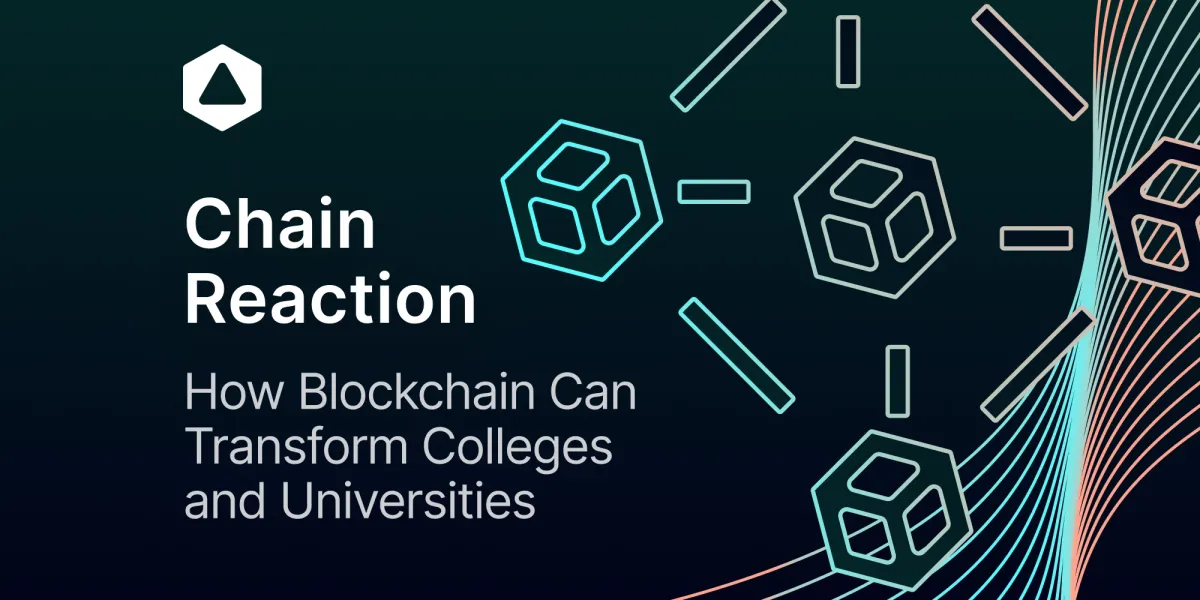
Resources for Learning About Decentralized Science
For those interested in learning about the intersection of science and decentralization, some other interesting sources including podcasts are:
- The DeSci podcast: Discussions on the topic of decentralized science, providing insights into the latest developments and ideas in this exciting field.
- The UltraRare Podcast: Several episodes featuring authors decentralized science articles such as; Ben Hills - Tokenized Thought, and Darren Zhu from Atoms.
- DeSci Wiki: This google document acts as a central hub where emergent projects, entities, and resources within the decentralized science (DeSci) space are curated and gathered.
Notable Examples of DAOs in Decentralized Science
We take a look at some examples of DeSci projects that are making significant strides in advancing decentralized science:
- VitaDAO: Focused on funding longevity research in an open and decentralized way.
- Molecule: Enables scientists to create and share research assets, such as data, protocols, and code, in a decentralized and secure manner.
- LabDAO: Aims to democratize access to scientific equipment and resources by creating a decentralized network of labs.
- AntidoteDAO: Designed to decentralize the traditional peer-review system in scientific publishing.
- PsyDAO: Focused on funding research at the intersection of psychedelics and mental health.
- HairDAO: Focused on funding early-stage hair loss research and development (R&D).
The Future of Science
In the future, it could be that we'll see a global, decentralized, pseudonymous prize, similar to the Nobel prize, awarded for work that is reproducible and stored on-chain. This could be a major step towards a more transparent and reliable scientific community, where every claim is thoroughly vetted and every citation is a function call.
While fully decentralized science remains a lofty goal, initiatives like those discussed above, and DAO-based funding represent optimistic early steps. They emulate how DeFi improved on traditional finance, and scientific academia may follow a similar trajectory - first establishing practical decentralized components before fully disrupting the system.
But let us not become too speculative, because this age-old system will not crack down easily. They are massive, similar to the size of nations. Blockchain, which is a mosquito on the back of an elephant, could promise much but we need to be careful and build slowly. So we'll see what little progress we can make before calling the revolution of science - DeSci.
Prediction Markets Contributing to Decentralized Science
Believe it or not but prediction markets can play a significant role in decentralized science. They can be used to predict which paths in scientific research are more likely to be valuable, and could aid in the funding and development of these paths.

With the advancement of layer 2 solutions and platforms like PolyMarket, the adoption of prediction markets is increasing, making them an exciting area to explore in the DeSci space.
Conclusion
In conclusion, the intersection of decentralized society and science offers exciting new opportunities for research funding and collaboration. As demonstrated by Vitalik Buterin's contributions to longevity and Covid-19 research, cryptocurrency and a trust-based model of philanthropy can significantly enhance scientific progress.
By making research truly reproducible, we can ensure the logical consistency and integrity of scientific papers. We can also prevent the spread of questionable stories that get picked up in scientific journals and passed down without anyone tracing them back to the original source.

Connect with Bitfinity Network
Bitfinity Wallet | Bitfinity Network | Twitter | Telegram | Discord | Github

*Important Disclaimer: While every effort is made on this website to provide accurate information, any opinions expressed or information disseminated do not necessarily reflect the views of Bitfinity itself. The information provided here is for general informational purposes only and should not be considered as financial advice.






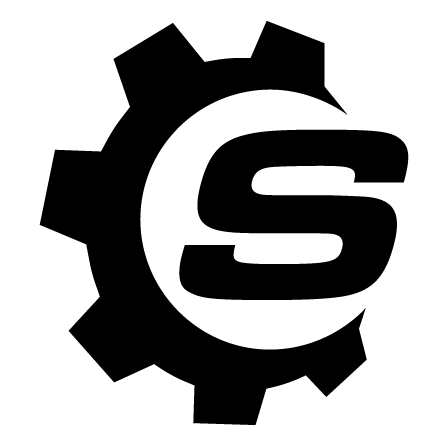
Comments ()